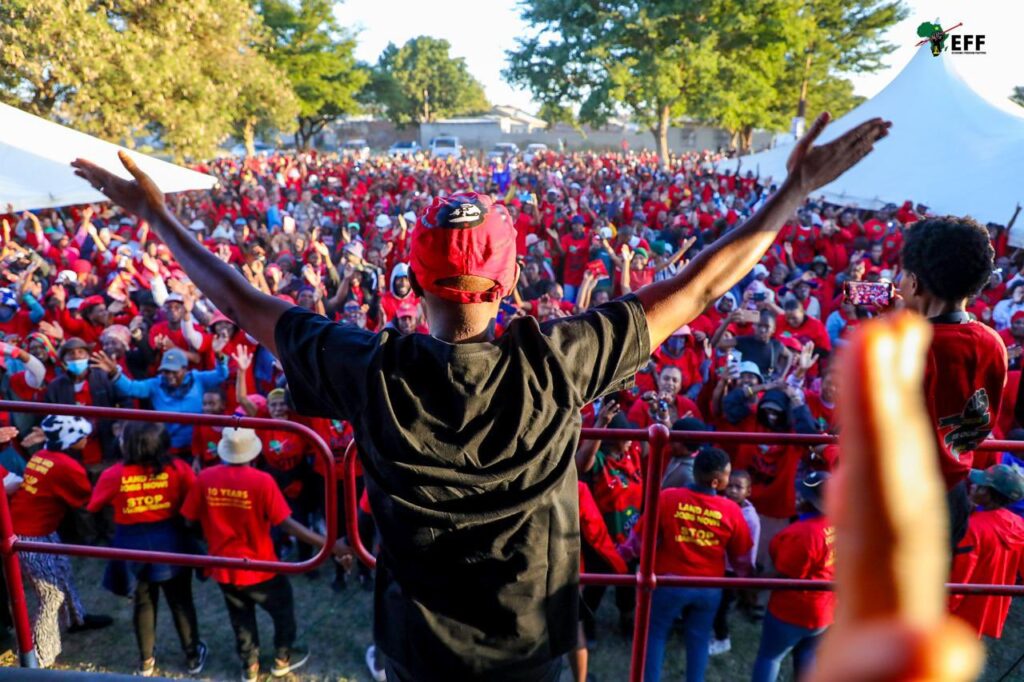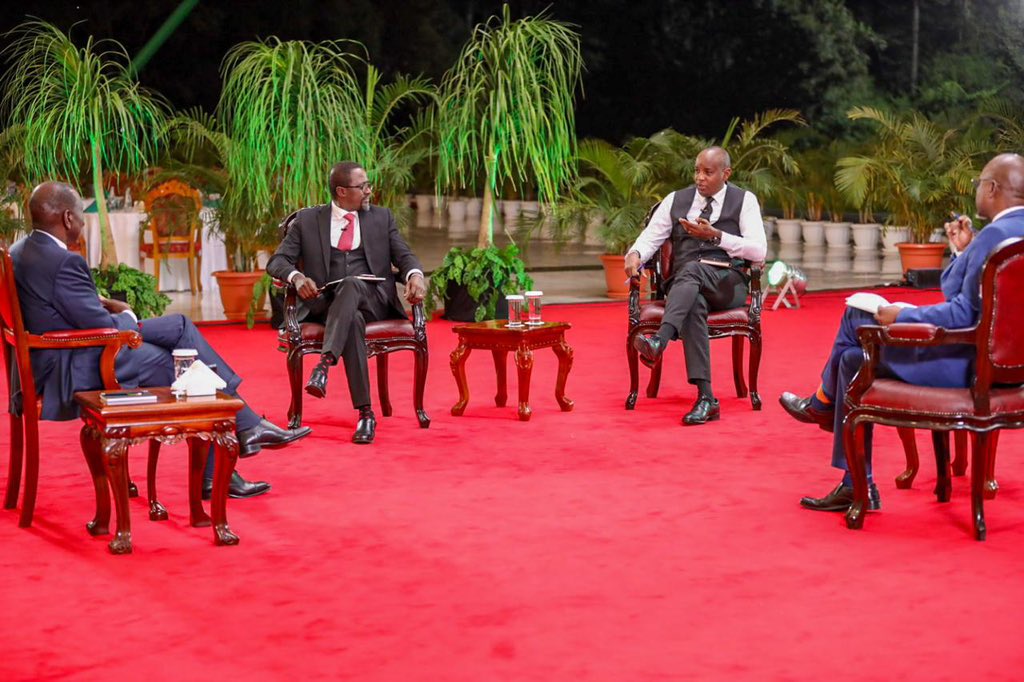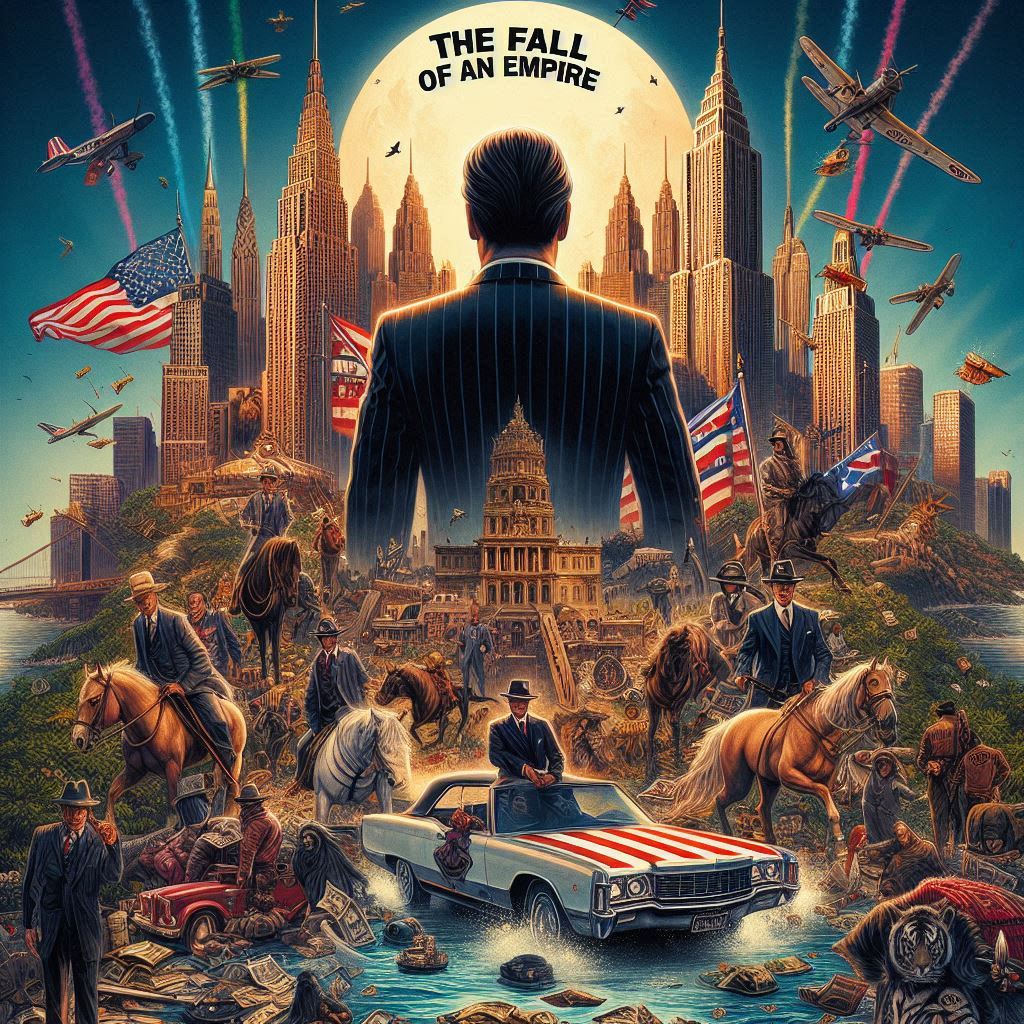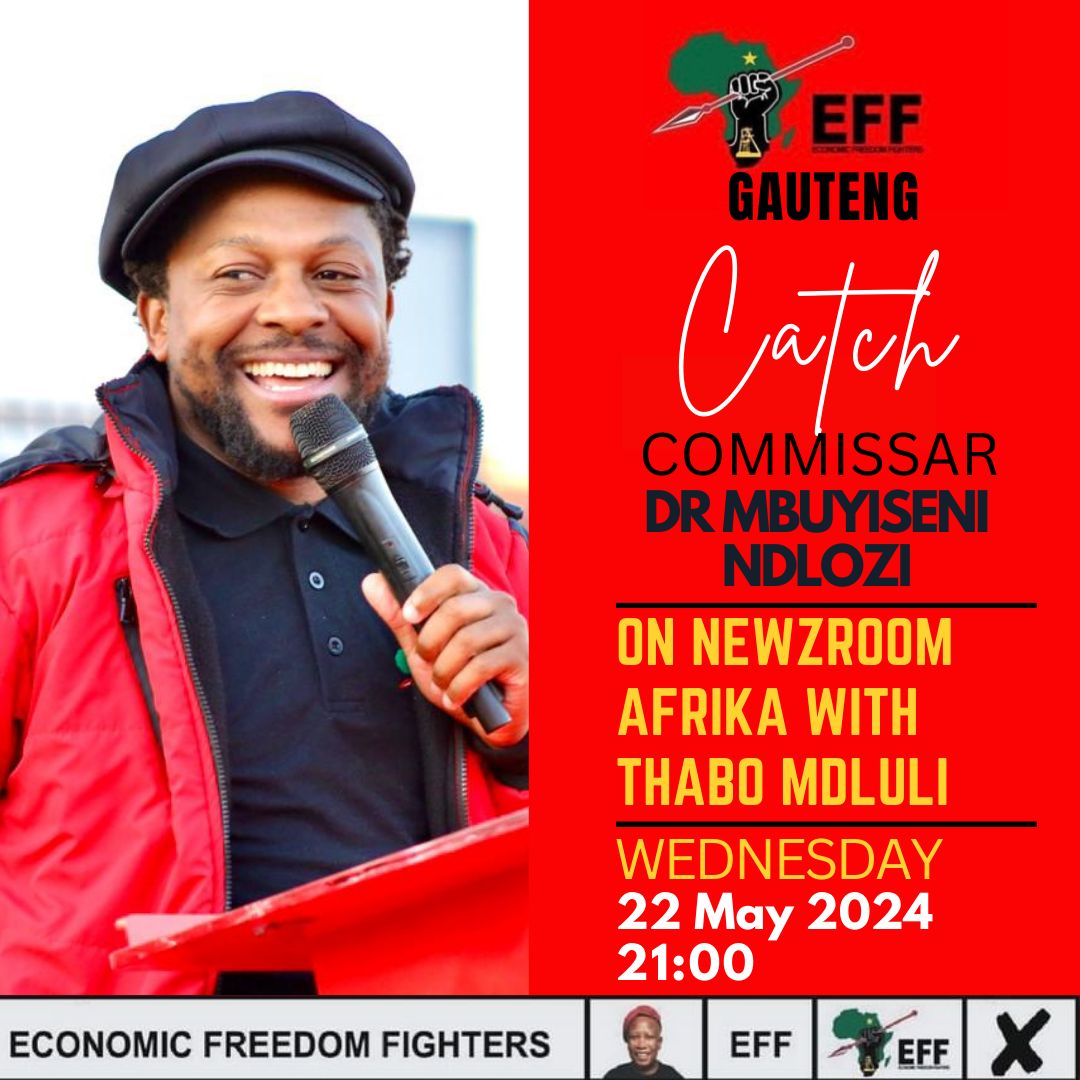
Potential Outcomes of the South African General Election
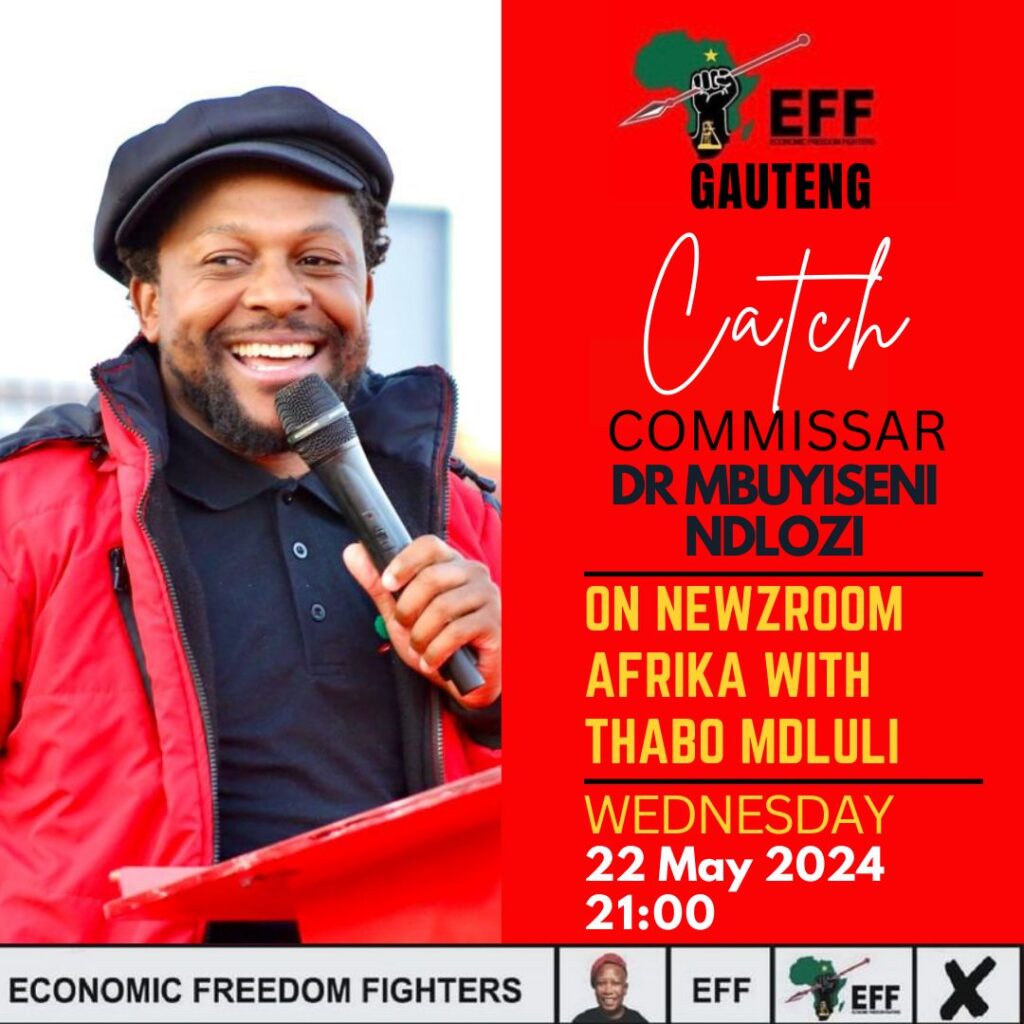
The upcoming South African general election on May 29, 2024 is shaping up to be a pivotal moment for the country’s political landscape. With the ruling African National Congress (ANC) facing growing discontent over issues such as high unemployment, corruption, and poor service delivery, the possibility of the party losing its majority for the first time since the end of apartheid is a very real prospect.4According to the latest polling data, the ANC’s support appears to be on an upward trend in the final weeks leading up to the election, with a recent tracking poll showing the party’s support rising to 44.8%.4However, this is still well below the 50% threshold, meaning the ANC would likely need to form a coalition government to retain power.5
What specific measures is the ANC taking to address the issues of high unemployment, corruption, and poor service delivery in order to regain support?
Addressing High Unemployment
- The ANC acknowledges the high unemployment rate in South Africa, especially among young people, which has been a key issue overshadowing the election1
- The ANC has implemented various government initiatives and job fairs to try to get people into jobs, but the Employment Minister admits these have not been sufficient to address the underlying structural issues1
- The key structural issues cited include historical inequalities in education and skills development from the apartheid era, as well as a lack of investment to drive economic growth and job creation1
- The ANC’s main political rival, the Democratic Alliance (DA), has criticized the ANC’s record on job creation and promises to transform South Africa into an “enterprise economy”1
- The opposition Economic Freedom Fighters (EFF) proposes nationalization and a monthly stipend for unemployed graduates as solutions1
Tackling Corruption
- South Africa signed and ratified the African Union Convention on Preventing and Combating Corruption (AUCPCC) in the 2000s2
- The ANC government has taken some steps to strengthen anti-corruption institutions and legislation, such as the Prevention and Combating of Corrupt Activities Act (PRECCA)2
- However, critics argue that corruption has continued to undermine state institutions, particularly during the Zuma presidency2
- The Zondo Commission of Inquiry into state capture was a major reactive measure, though its recommendations are still pending2
- Corruption Watch has played an active role in monitoring corruption and pushing for reforms, including through the Zondo Commission and new anti-corruption forums2
- Challenges remain around lack of coordination, resources, and independence of anti-corruption bodies23
Improving Service Delivery
- The ANC conference resolutions indicate a focus on improving service delivery, cross-sphere coordination, and strategies at the local government level4
- However, persistent power problems, the COVID-19 pandemic, and structural economic issues have disrupted service delivery and exacerbated frustrations1
- Voters express disappointment with the ANC’s failure to fulfill “empty promises” on service delivery1
- The opposition parties promise alternative approaches, such as the DA’s focus on the Western Cape as a “job engine”1
In summary, the ANC acknowledges these major issues but appears to lack effective long-term solutions to regain public trust, based on the evidence presented. Overcoming the entrenched structural challenges will require significant reforms and a stronger track record of delivery.
How has the Zondo Commission of Inquiry into state capture impacted the ANC’s efforts to tackle corruption?
Impact on the ANC’s Efforts to Tackle Corruption
- The Zondo Commission’s report has been a massive indictment of the African National Congress (ANC), the ruling party in South Africa, as it revealed how the party had allowed and even enabled widespread corruption and state capture to occur.235
- The report found that the ANC “permitted, supported and enabled corruption” under former President Jacob Zuma’s administration.5 This has severely damaged the party’s reputation and public trust.
- The report has implicated several high-ranking ANC officials, including current party chairman Gwede Mantashe, in corruption and unethical conduct.4This has put immense pressure on the ANC to take action against its own members.46
- However, the ANC’s response so far has been seen as lukewarm, with President Cyril Ramaphosa saying he will “form a view within four months” on action against implicated cabinet members.5This has led to concerns that the party may be unwilling to hold its own members accountable.4
- Experts argue that for the ANC to regain public confidence, it needs to demonstrate a firm commitment to fighting corruption by decisively implementing the Zondo Commission’s recommendations, even if it means taking action against influential party figures.45Failure to do so could further erode the ANC’s support in the next general elections.
The main opposition party, the centrist Democratic Alliance (DA), is projected to make gains but is unlikely to emerge as the outright winner. The DA has formed a coalition bloc called the Multi-Party Charter, which could potentially gain enough seats to form an alternative government.4Another key player in the election is the Economic Freedom Fighters (EFF), a populist far-left party that has been gaining traction with its calls for land expropriation and nationalization of key industries.4The EFF’s support is estimated to be around 10.5% in the latest poll, making it a potential kingmaker in post-election coalition negotiations.4
Adding further unpredictability to the mix is the emergence of the uMkhonto we Sizwe (MK) party, led by former President Jacob Zuma. Despite a court ruling that has barred Zuma from running for parliament, his party is still expected to garner a significant share of the vote, particularly in his home province of KwaZulu-Natal.4
The complexity of the political landscape is further compounded by the fact that coalitions may be needed at both the national and provincial levels, with different configurations in different regions. This could lead to a prolonged period of negotiation and uncertainty as various parties jockey for power.5
Regardless of the final outcome, it is clear that South Africa is at a critical juncture in its democratic development. The election will be a test of the country’s institutions and its ability to navigate the challenges of a rapidly changing political landscape.5The international community will be watching closely, and it will be important for South Africans to safeguard the integrity of the electoral process through robust observation and scrutiny.5
Cyril Ramaphosa
- Cyril Ramaphosa is the current president of South Africa, having assumed office in 2018 after the resignation of Jacob Zuma.
- He is the leader of the governing African National Congress (ANC) party, which has dominated South African politics since the end of apartheid.
- Ramaphosa has faced several challenges during his presidency, including high unemployment, economic inequality, widespread power outages, and corruption allegations.
- He has been accused of mishandling the “Farmgate” scandal, which involved the alleged theft of a large sum of foreign currency from his private game farm. However, he has denied any wrongdoing.
- Despite these challenges, Ramaphosa is seen by many as a steady, if not spectacular, leader who inherited unfavorable conditions from the previous government.
John Steenhuisen (Democratic Alliance)
- John Steenhuisen is the leader of the Democratic Alliance (DA), the main opposition party in South Africa.
- The DA is positioning itself to “rescue” South Africa in the 2024 election, with Steenhuisen vowing to become president.
- The DA is currently the second-largest party in the National Assembly, with 84 seats out of 400.
Julius Malema (Economic Freedom Fighters)
- Julius Malema is the leader of the Economic Freedom Fighters (EFF), a radical left-wing political party.
- Malema has a reputation for his fiery, controversial rhetoric and has positioned the EFF as the true inheritor of the ANC’s radical agenda.
- The EFF won nearly 11% of the vote and 44 seats in the 2019 general election, making it the third-largest party in the National Assembly.
- Malema and the EFF have been accused of opportunism and using hate speech, but they have also managed to set the agenda on issues like land reform and economic inequality.
Jacob Zuma (uMkhonto we Sizwe)
- Jacob Zuma is the former president of South Africa, having served from 2009 to 2018.
- Zuma’s presidency was marred by numerous corruption scandals, leading to his eventual resignation under pressure from the ANC.
- Zuma is a former leader of the ANC’s armed wing, uMkhonto we Sizwe (MK), and still wields significant influence within the party.
- The ANC’s current fight to maintain its popularity is seen as a minor one compared to the party’s historic role in ending apartheid, with Ramaphosa reminding voters of these achievements.
In summary, the 2024 South African election is expected to be the most competitive since the end of apartheid, with the governing ANC facing a challenge from opposition parties like the DA and EFF. Ramaphosa’s leadership, the “Farmgate” scandal, and the ANC’s handling of key issues like corruption and economic inequality will all be major factors in the election.
